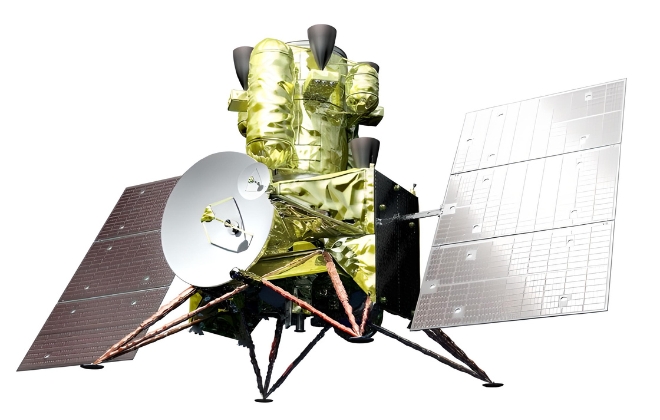Space – Software Expertise

MAURO FAELLA /
SENIOR MANAGER – BUSINESS DEPARTMENT – ALTEN IN ITALY
Mauro Faella, who joined ALTEN in Italy in 2012, started as a software engineer in aeronautics and now oversees aerospace and defence teams as Senior Manager.

NICCOLÒ PIARULLI /
PROJECT DIRECTOR FOR AEROSPACE & DEFENCE – ALTEN IN ITALY
Niccolò Piarulli, who began his aerospace and defence career after graduating in 2008, is currently Project Director. They discuss ALTEN’s software expertise and its influence on cutting-edge projects and the future of space technology.
What is the focus of your activity?
Mauro: Our software engineering skills in aerospace and defence cover everything from design to development, certification and validation. We have thorough knowledge of the entire lifecycle of general software systems and their safety.
Niccolò: In the space sector, we are specialized in flight and ground software complying with the two main software standards: the ECSS – European Cooperation for Space Standardization and the GSWS – Galileo Software Standard. Our competencies are in payload and thruster control software, and we also have extensive knowledge of navigation software. Our focus has moved from single projects to looking at platforms and code reusability; this is common in other industries, such as the automotive and railway sectors. The cost of software development is very high, so if we do it generically, specializing only where necessary, it is more efficient.
Mauro: We have a lot of research and development projects in the ALTEN laboratories. Our business and technical teams talk to each other and identify the trends, where to invest, and where to probe deeply.
What are some of the most interesting projects you are developing right now in the space sector?
Niccolò: There are several. For example, we are working on a new generation of satellites that will be launched in the next few years, with intersatellite links that will make it possible for them to communicate with each other in several ways. This concept will add enormous value in the space sector. Right now, the ground control station communicates point to point with each satellite. An intersatellite link will enable communication with a satellite in line of sight and through it with another remote satellite beyond your direct reach. In the future it may be possible to do so among satellite constellations. This will reduce communication costs considerably. In addition, the data will be processed directly on the satellite, before sending it to the ground, thanks to improvements in computational power.
One of the most interesting projects is In-Orbit Servicing (IOS). The idea is to repurpose satellites that have run out of propellant or have reached an early end of life, for any reason. The IOS is a satellite that has a robotic arm; it can be used to refuel satellites, recharge them, and also to move them to other orbits to carry out new missions. ALTEN is also involved in the Exomars project, which aim is to develop a module that will analyze and return Mars surface samples previously collected by ESA and NASA probes.
What are some of the software challenges for clients?
Niccolò: A big point for space software is the development of new platforms and the improvement of the existing ones. Technologies like field-programmable gate array circuits (FPGAs) together with in-flight reprogramming make it possible, for example to repurpose or fix subsystems of satellites. This was not feasible with old hardware platforms and the existing technologies.
Why do customers choose ALTEN for this type of work?
Mauro: We have a lot of experience in model-based engineering and software development. This kind of design has very important safety features, which is crucial with the current trend of space exploration – the push to take more humans into space. Our expertise and our knowledge will help our customers make these ideas reality, and we are creating a knowledge base.
In the future, artificial intelligence and deep learning will also be important in the space sector. Right now, perhaps the only field where this kind of technology is being applied is in the predictive maintenance field. AI needs to be carefully phased into critical safety systems, which is one of the most difficult areas for applying these technologies because of the impact on human life. This is a topic we will face in the future for sure.
Niccolò: We are beginning with less critical fields – for instance related to storage, warehouses, data, procurement – in order to give our customers a taste of what artificial intelligence can bring in terms of solutions.
Why do customers look to ALTEN for software development?
Niccolò: We have competencies in all the aspects of the software lifecycle, from system requirements to architecture and development, to system and software verification and validation. We are experienced in the design and building of automatic test equipment that is used to validate single satellites as well as constellations – also by ground control stations. We do a lot of training on the job and also offer training materials that can help our clients to reduce the steepness of the learning curve for the technologies that are being used more and more in the space sector.
To go further
To Know More About












